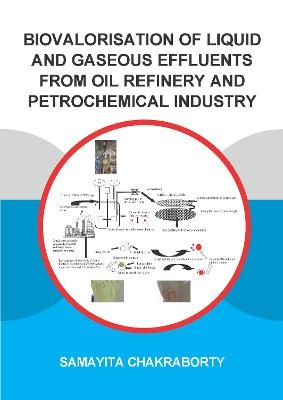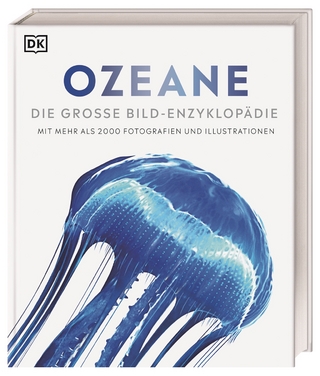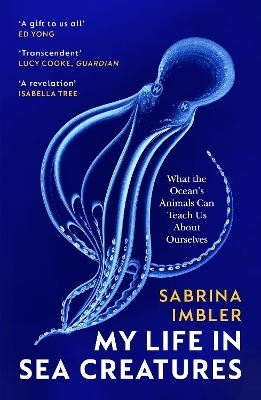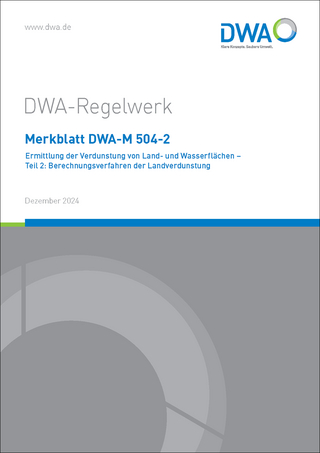
Biovalorisation of Liquid and Gaseous Effluents of Oil Refinery and Petrochemical Industry
CRC Press (Verlag)
978-0-367-61830-8 (ISBN)
A bidirectional approach of detoxifying the liquid and gaseous effluents of oil refineries is elucidated in this thesis. Liquid effluents of oil refineries contain selenium oxyanions and phenol, while gaseous effluents contain CO/syngas. To remove the phenol and simultaneously reduce the selenite oxyanions, a fungal-bacterial co-culture of Phanerochaete chrysosporium and Delftia lacustris was developed. Two modes of co-cultures of the fungus and the bacterium were developed. Both cultures were investigated for phenol degradation and selenite reduction. In order to valorize the CO/syngas by bioconversion techniques. an anaerobic methanogenic sludge was acclimatized to use CO as the sole carbon substrate to produce acetic acid, butyric acid, and hexanoic acid. Later, the acids were metabolized at lower pH, producing alcohols ethanol, butanol and hexanol, confirming the successful enrichment strategy. The next experiment focused on the absence of the trace element tungsten, and consecutively selenium on the previously CO acclimatized sludge under the same operating conditions. An in-situ synthesized co-polymeric gel of N-ter-butyl-acrylamide and acrylic acid was used to recover ethanol, propanol and butanol from a synthetic fermentation broth. The scope of repeated use of the gel for alcohol recovery was investigated and 98% alcohol was recovered.
Samayita Chakraborty is born and brought up in India, Kolkata. She did her bachelor and masters (with a national scholarship) from India. Later, she received a Marie Curie scholarship to pursue her PhD in the framework of ABWET (Advanced biological waste to energy). Her field of work was to detoxify and utilise the liquid and gaseous effluents from petrochemical industry. She has published 8 papers.
General introduction, Literature review, Aerobic fungl-bacteria co-culture to detoxify phenolic effluents and concomitant reduction of selenite ions of oil-refinry containing selenite ions, Production of alcohols from CO by anaerobic sludge, Effect of trace elements on CO conversion, Recovery of alcohols by an in-house synthesized polymeric gel, Outlook, conclusion and perspectives.
| Erscheinungsdatum | 21.08.2020 |
|---|---|
| Reihe/Serie | IHE Delft PhD Thesis Series |
| Verlagsort | London |
| Sprache | englisch |
| Maße | 170 x 240 mm |
| Gewicht | 335 g |
| Themenwelt | Naturwissenschaften ► Geowissenschaften ► Hydrologie / Ozeanografie |
| Technik ► Elektrotechnik / Energietechnik | |
| Technik ► Umwelttechnik / Biotechnologie | |
| ISBN-10 | 0-367-61830-3 / 0367618303 |
| ISBN-13 | 978-0-367-61830-8 / 9780367618308 |
| Zustand | Neuware |
| Informationen gemäß Produktsicherheitsverordnung (GPSR) | |
| Haben Sie eine Frage zum Produkt? |
aus dem Bereich


